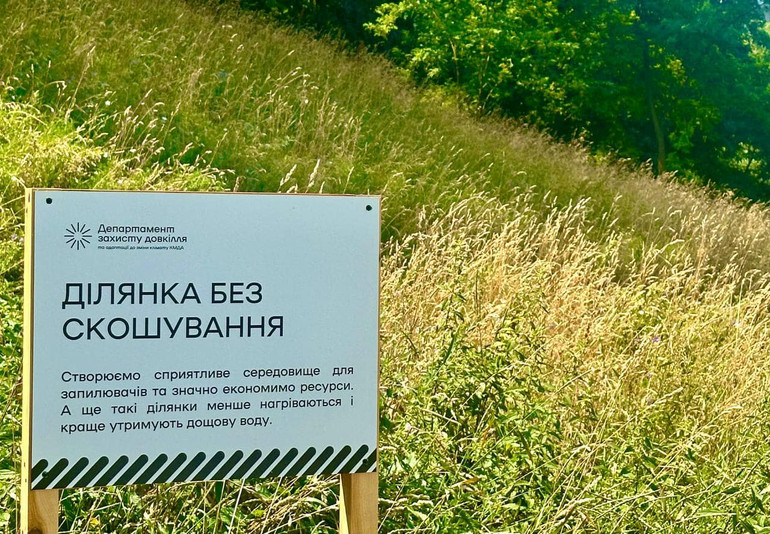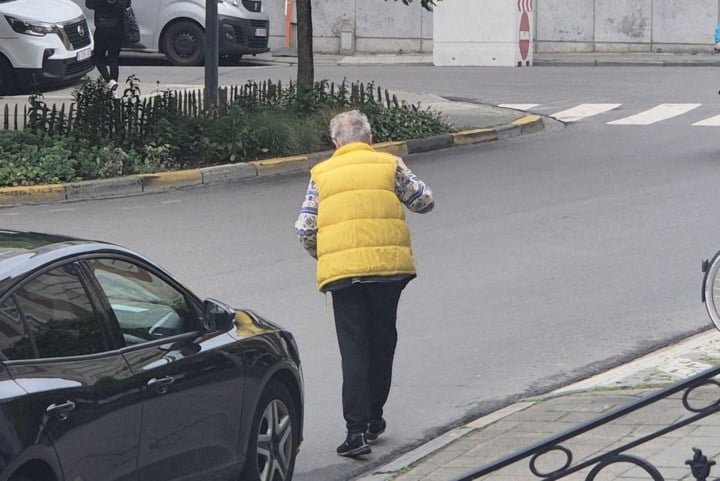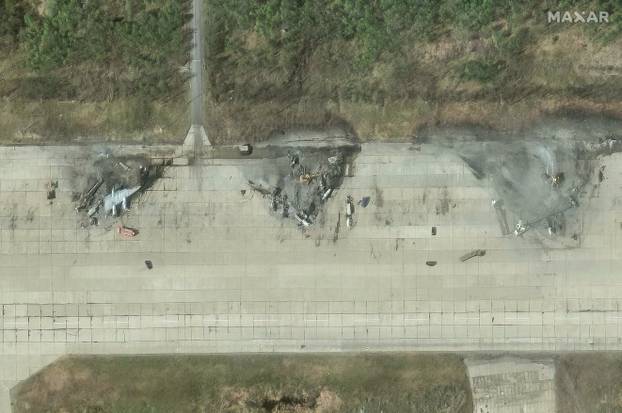It will be an agreement or « a great danger » – Liberation

Talks « Direct » Begrowed between Washington and Tehran, which should translate into a meeting between American and Iranian officials this Saturday, said Donald Trump on Monday, April 7, on the sidelines of his interview with Israeli Prime Minister Benyamin Netanyahu – of which it was already the second visit to Washington in just over two months.
Such an interview would be unheard of in ten years, When Barack Obama concluded the 2015 historic agreement on Iranian nuclear That his successor would denounce three years later. “We have direct discussions with Iran, and they started. They will continue on Saturday. We have a very large meeting, and we will see what can happen ”, Trump told journalists in the oval office. This revival of a form of direct diplomacy between the two countries intervenes in an explosive regional context, while the exchanges of fire between Israel and Iran have reached an unprecedented level of tension, and that conflicts In Gaza, in Lebanon and in Yemen Draw the contours of a possible dreaded regional conflagration.
Without specifying who would lead these American negotiations with Tehran, nor reveal where they will take place, Trump indicated that they would be held at a level « Very high », Leaving doubt on the possible participation of the Secretary of State Marco Rubio or its trusted negotiator, Steve Witkoff, already dispatched At the bedside of the ceasefire in Gaza.
« I think everyone agrees that an agreement would be preferable to » evidence « . And the evidence is something in which I do not want to get involved, any more than Israel, moreover, if they can avoid it ”, underlined Trump, in a veiled allusion to The threat of military intervention against Iran and in particular its nuclear installations. « We arrive in very dangerous territory », he added. “We hope these talks will be fruitful. And I think it would be in the interest of Iran that they were. ”
By side Benyamin Netanyahu, whose fierce opposition to any negotiation with Tehran is known, was forced to adopt a measured tone in the face of the American initiative. « We are both united with the aim of preventing Iran from obtaining nuclear weapons, said Israeli Prime Minister. This can be done diplomatically completely, as was the case in Libya. I think it would be a good thing. But whatever happens, we have to make sure that Iran has no nuclear weapons. ” The meeting between the two leaders, which lasted almost two hours, also focused on Gaza and Syria, said Netanyahu. During the exchange with the media, Trump once again claimed his intention to empty Gaza from its inhabitants to take control of the enclave Once its inhabitants have been retalated in various neighboring Arab countries.
The announcement marks a remarkable turning point in Trump’s approach to Iran. During his first mandate (2017-2021), he had withdrawn the United States from the 2015 nuclear agreement and reimed very heavy economic sanctions against Tehran as a claimed policy of « maximum pressure ». Since then, Iran has considerably exceeded the limits of uranium enrichment fixed by this agreement, approaching dangerously, according to the Western powers, of a production capacity of atomic weapons – ambition that Tehran has always denied, saying that his nuclear program is exclusively civil. A new agreement on Iranian nuclear « different » that of the Obama administration « And maybe much stronger » advanced Trump on Monday, before threatening Iran with a « Great danger » If discussions fail: « It’s simple, Iran cannot have nuclear weapons ».
The direct nature of the discussions announced by Trump is also a size evolution from the point of view of the Islamic Republic. Iran had until very recently pushed calls to direct negotiations with Washington, although having left the door open to indirect discussions. On March 7, Trump had revealed to have written in the Supreme Guide, Ayatollah Ali Khamenei, to suggest talks, an approach that until day seemed to have been a dead letter by the Iranian authorities.







